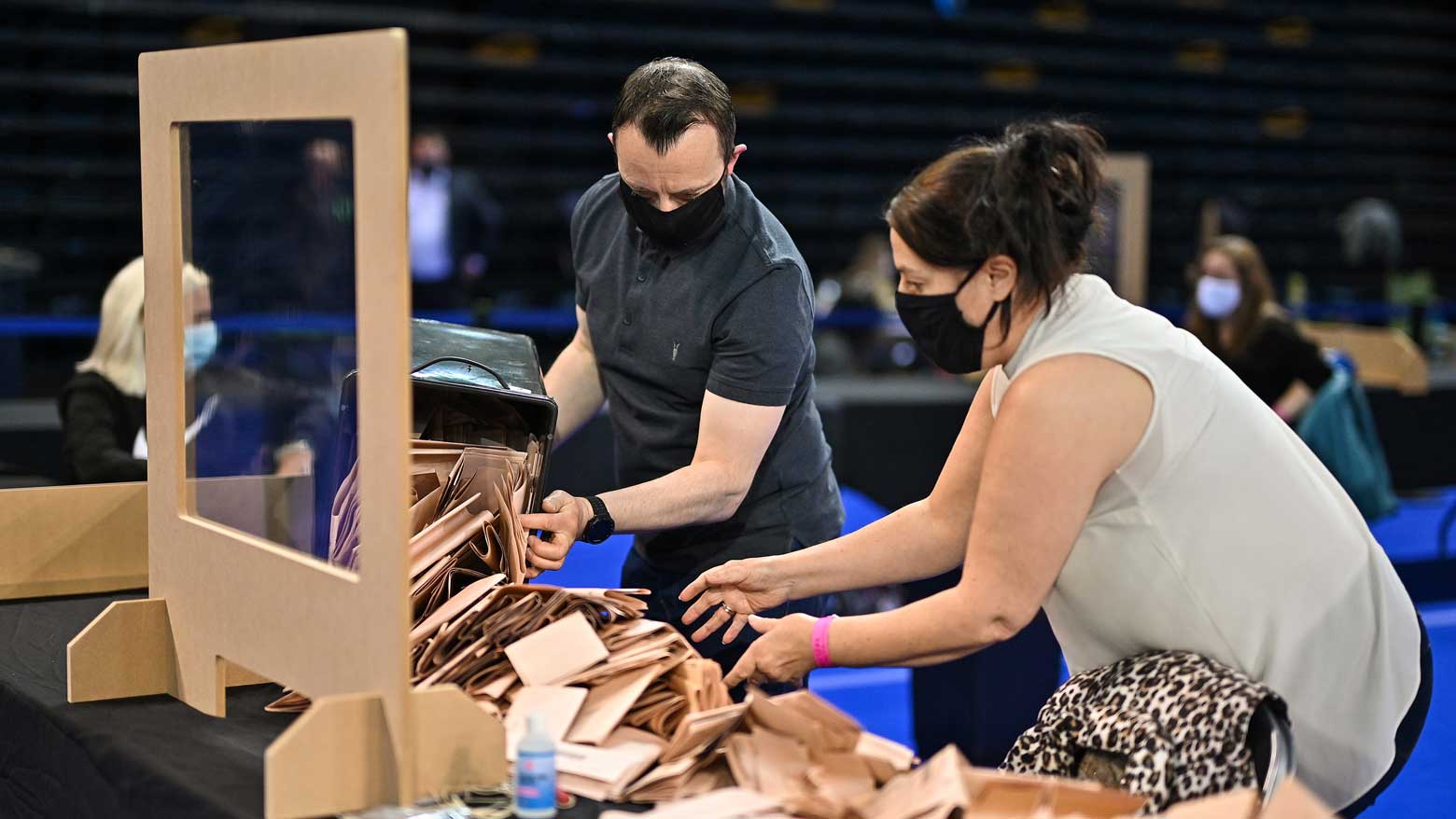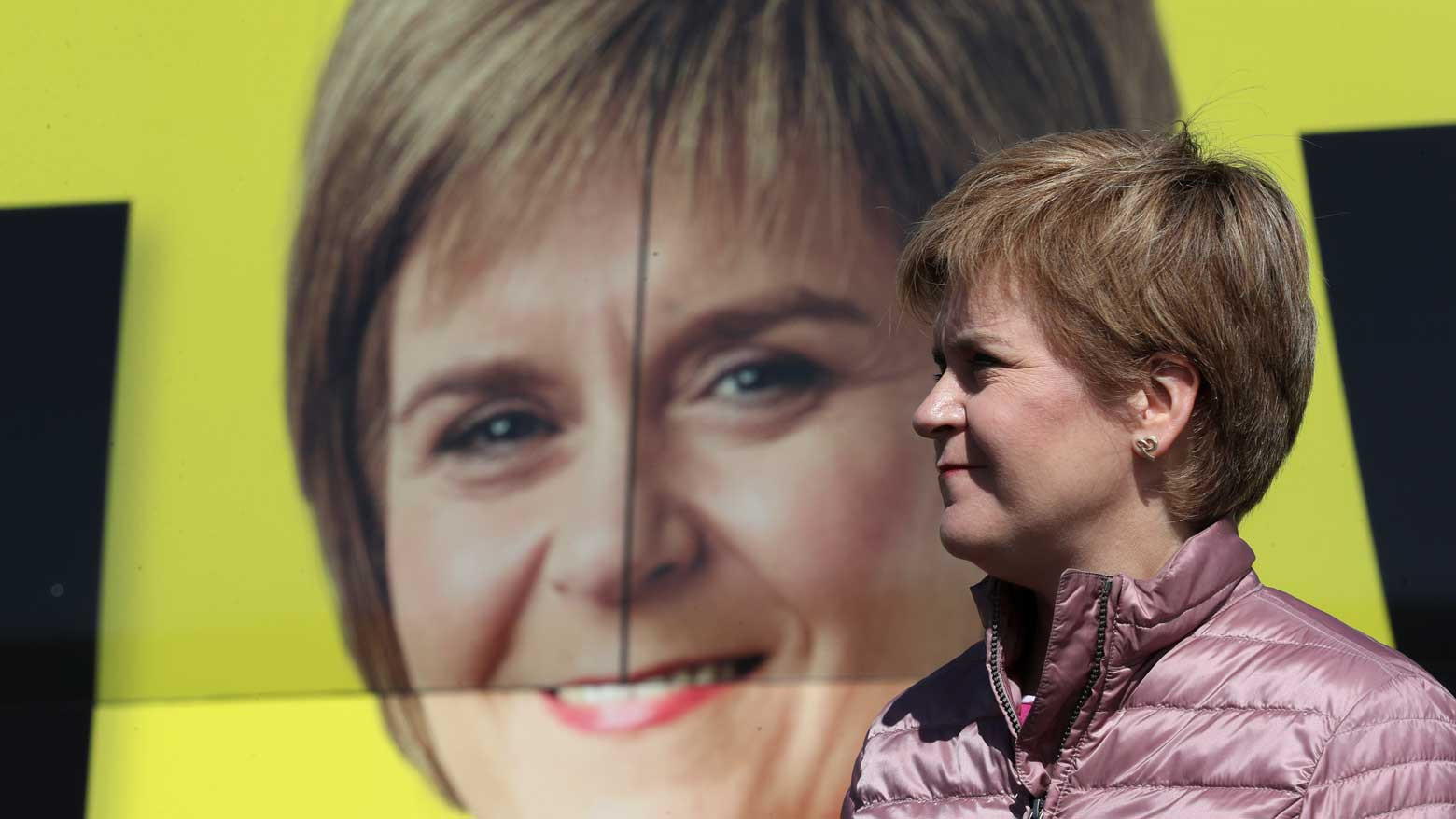The Scottish National Party won 64 out of 129 seats on May 6. Coupled with the eight secured by the pro-independence Scottish Green Party, there is arguably a public mandate for another independence referendum – especially considering voter turnout came in at a record 63.5 percent.
Some Scots feel they have been taken out of Europe against their will. In the independence referendum seven years ago, the decision to remain in the UK was largely determined by the fact that they would lose the guaranteed right to use the UK pound and might struggle to re-join the EU. But in the Brexit referendum just two years later, the 62 percent of Scots who voted to remain in the bloc were greatly outnumbered by the English who wanted out.

Export nightmares abound
Following the end of the transition period this year, Scotland's economy is feeling the impact of Brexit. Companies that export to Europe are hit particularly hard. Seafood wholesaler Kenny Hastie actually voted to leave, but now faces all manner of problems. "Selling to the European Union, we're probably increasing costs between 35% and 40% on average", he says. And then there are the delays. "Boats landing the product on a Friday, for instance, don't reach their destinations until Tuesday. So, you can imagine the quality of the product suffers greatly."
While Brexit concerns fuel the momentum for independence, research polls suggest many people doubt Scotland's ability to handle crises such as the coronavirus pandemic as a single government. Support for independence was as high as 50% last October, only to fall in the run-up to the parliamentary election.
Farm owner Allan Stevenson has his doubts. "The biggest problem for me – here in this field of potatoes – is that most of what we grow is sent to customers in England. And if we have a border because we've become independent, that's a huge problem," he says. "Independence takes us beyond a sensible place, where we have devolved power already."
Johnson poised to act
British Prime Minister Boris Johnson has repeatedly stated that Scotland's 2014 referendum was a "once-in-a-generation vote." He is expected to block Sturgeon's push for another, partly because the end of a union dating back to 1707 could not be seen as anything but a huge political failure for his government.
In the meantime, Sturgeon is pressing on. She claims independence is "a matter of when, not if," and has indicated that she will introduce a bill for another referendum as early as spring 2022. If she gets her way, the people of Scotland could once again be voting to determine the future course of their country.

